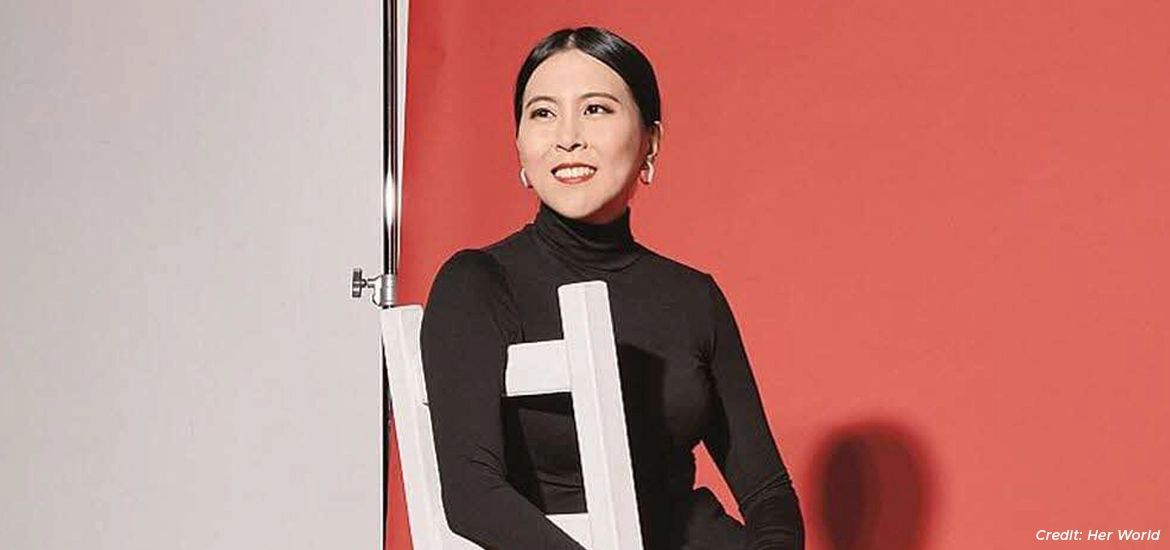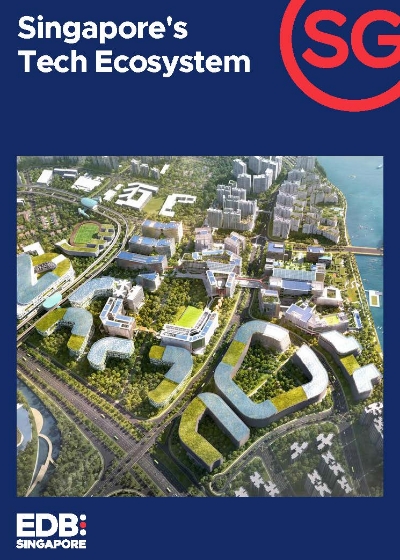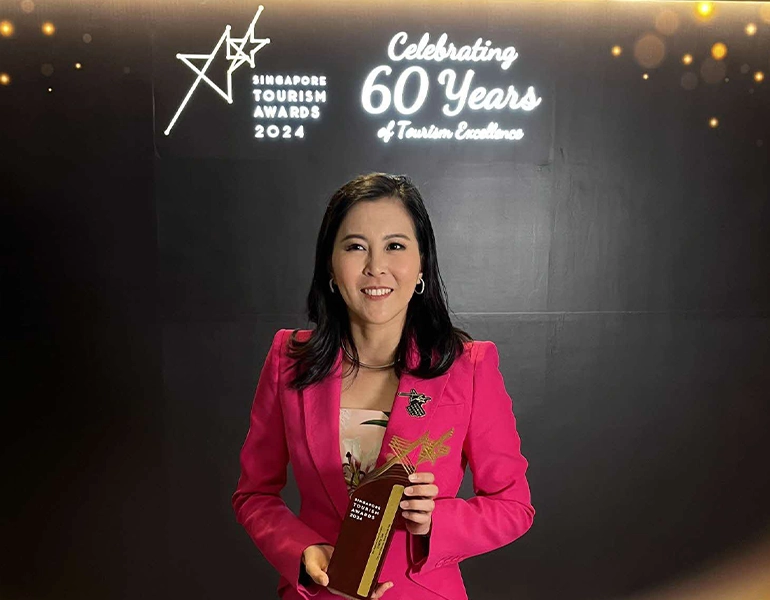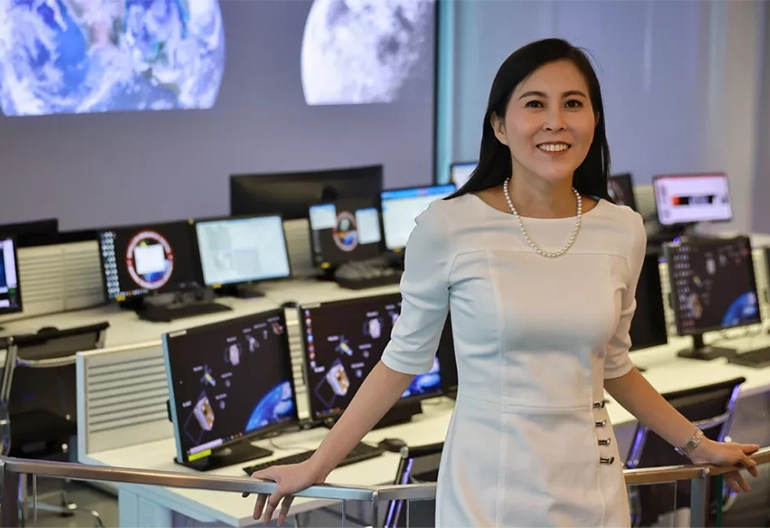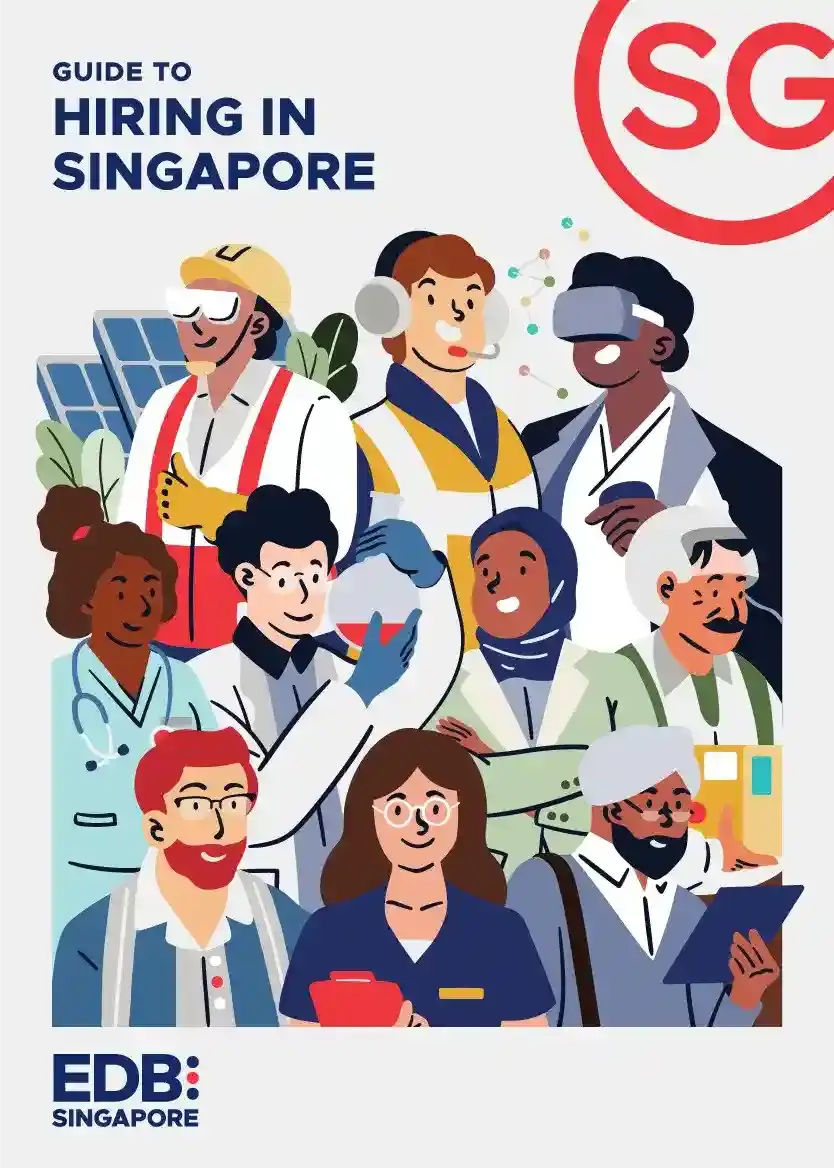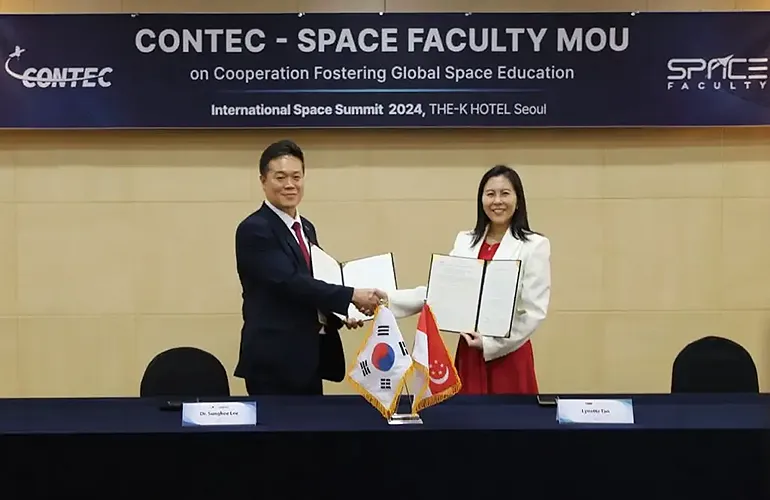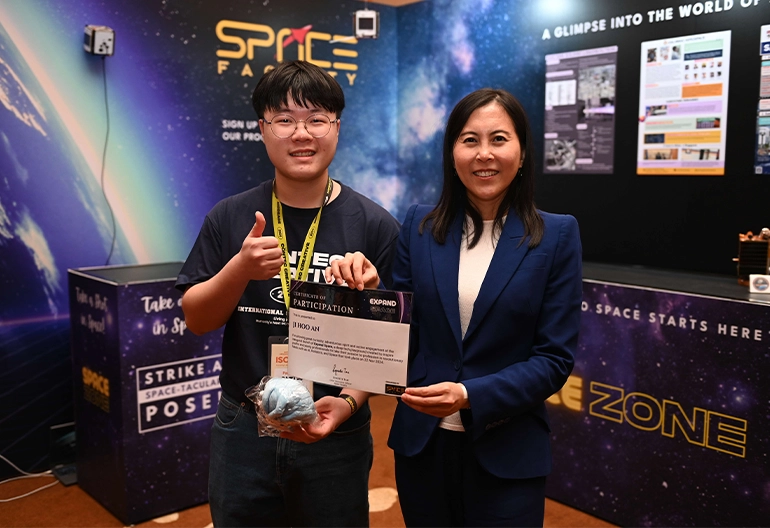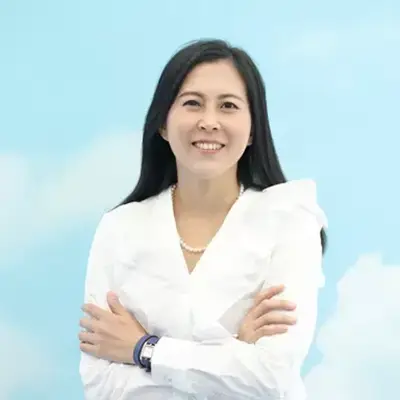Lynette never gave up on her dream of solving the mysteries of the universe. Since 2008, she has been volunteering with several space organisations.
A few years later, she quit her position at the pharmaceutical firm, and threw herself into the space industry full-time.
“It goes without saying that people around me were shocked. After all, I would be walking away from a very comfortable job,” she confesses. “And when you are engaged in something that is highly innovative, the people around you won’t be ready. The market might not be ready.”
Lynette’s vision and audacity culminated in Space Faculty, an organisation that focuses on developing people and technologies through curated education and training programmes, international competitions, and flagship events.
“Space Faculty started as a passion project I shared with a group of enthusiasts who wanted to bring space technology to every part of the world we live in,” she recalls. “We started discussions over coffee, and that caffeine has fuelled our space dreams ever since!”
“While there is incredible talent in Singapore and across Asia, there weren't enough accessible pathways for people to engage with deep tech fields like space exploration, artificial intelligence, or robotics,” she shares.
“I wanted to bridge that gap and create opportunities for individuals to explore these exciting and impactful areas.”
Space Faculty’s mission is to demystify the space sector and make it as accessible as possible. Lynette, who was once a child with lofty, audacious dreams of exploring the vast expanses of space-time, wants to empower others to do the same.
“Space Faculty was always something I knew had to be done. It was a matter of finding the right moment,” she shares.
“Now, that time has come. The space industry in Asia has matured greatly in the last few years. We need to start building our space capabilities with tremendous intentionality.”
“We want to create a pipeline of talent ready to take on challenges in space,” she shares. “We want to empower people to dream big and equip them with the tools to turn those dreams into reality.”
She touts Space Faculty as a space that fosters an inclusive ecosystem where anyone passionate about learning can thrive. “Seeing someone’s eyes light up when they realise they can be part of this exciting future is incredibly rewarding.”
She also points out how Space Faculty is offering an alternative avenue for youth and other interested parties to learn about space. “The typical classroom setting might not be for everyone. There are so many ways for one to learn creatively,” she mentions.
“Which is why we keep hosting challenges and competitions. These experiential events are a great place for students to learn.”
Nurturing the next generation of space talent
